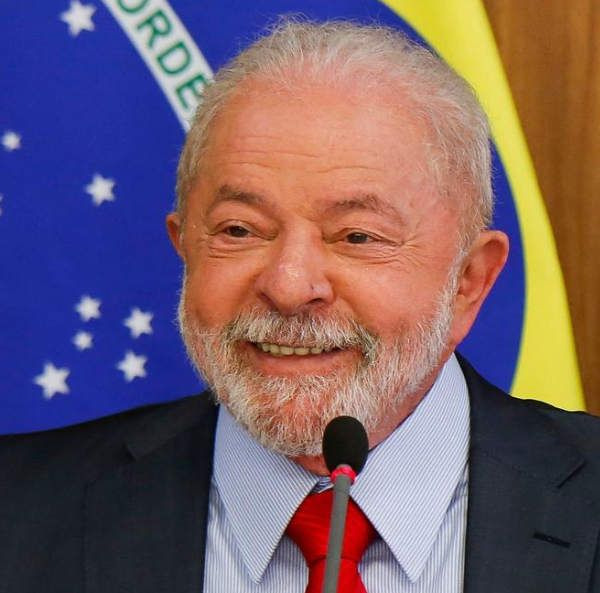Brazil’s President does not want to use US Dollar in international trade transactions. Luiz Inácio Lula da Silva has urged developing nations to find an alternative currency to the dollar, denouncing the central role of the greenback in global trade.
In his comments, from a speech made during this week’s state trip to China, he encourages the growing de-dollarization rhetoric from leaders of BRICS countries — Brazil, Russia, India, China, and South Africa.
In his words: “Why can’t we do trade based on our own currencies?” “Who was it that decided that the dollar was the currency after the disappearance of the gold standard?”
Last year, BRICS countries were reviewing a new currency based on a basket of member currencies. The idea sprung out of incentives to move away from dollar dependence, which proved detrimental after Russia was cut off from its dollar reserves due to its invasion of Ukraine.
And in January, in another bid to move away from the dollar’s dominance in January, Lula announced that Brazil and Argentina were looking into developing a common currency.
His stance also represents warming ties between China and Brazil as Lula attempts a multilateralist approach to foreign affairs. For instance, while maintaining good relations with the US, Brazil has recently agreed to use the yuan in cross-border transactions with China.
Though it’s been floated that such changes imply an essential shift in the currency regime, several analysts have found the so-called de-dollarization of global trade highly improbable. While the dollar may weaken as the world’s go-to currency, there are no likely alternatives that would be able to replace it completely.
Even the Chinese yuan, whose role in trade finance has more than doubled since the Ukraine war, is a poor contender. Not only is it virtually pegged to the dollar, but China’s tight control of it also keeps it from adhering to free market flows.

